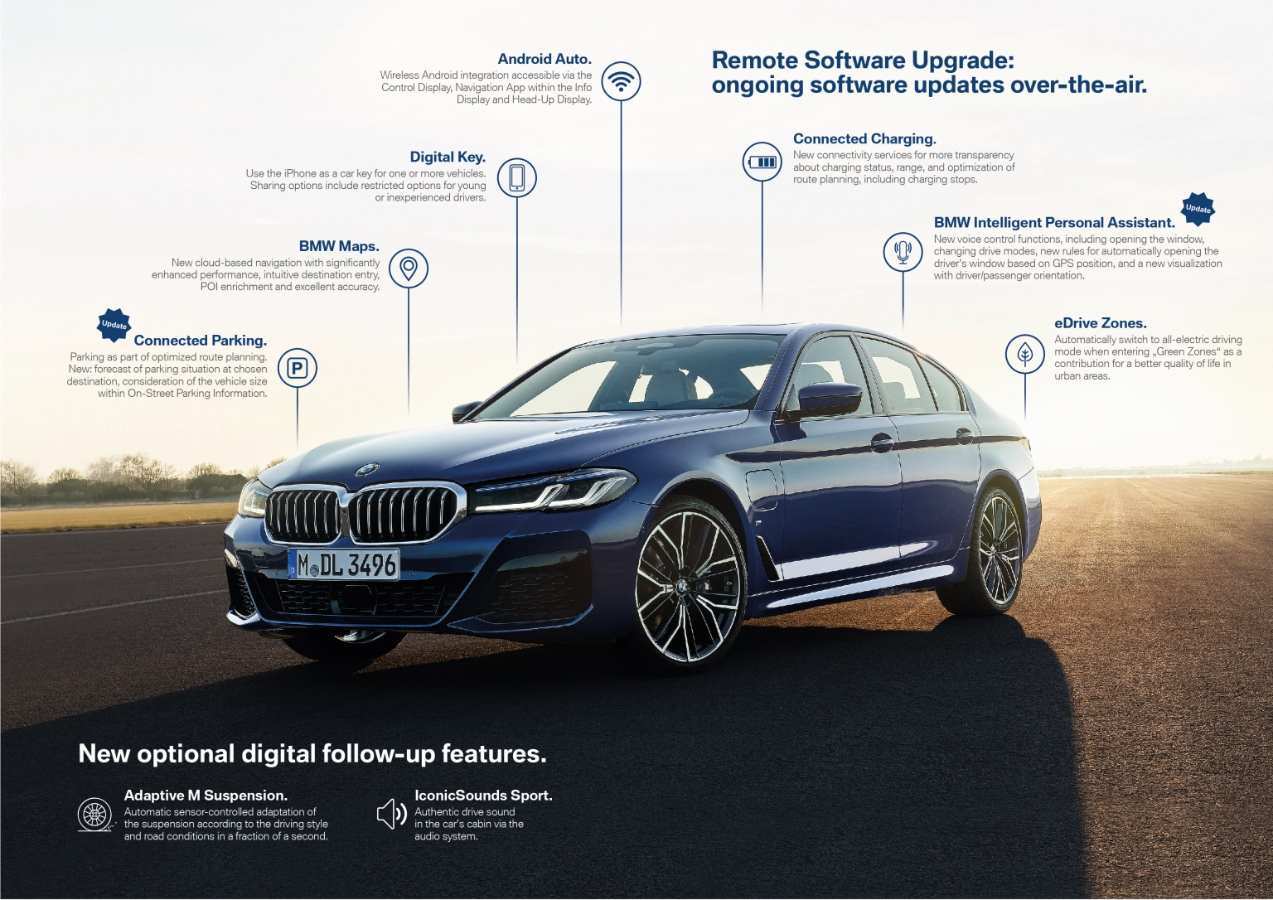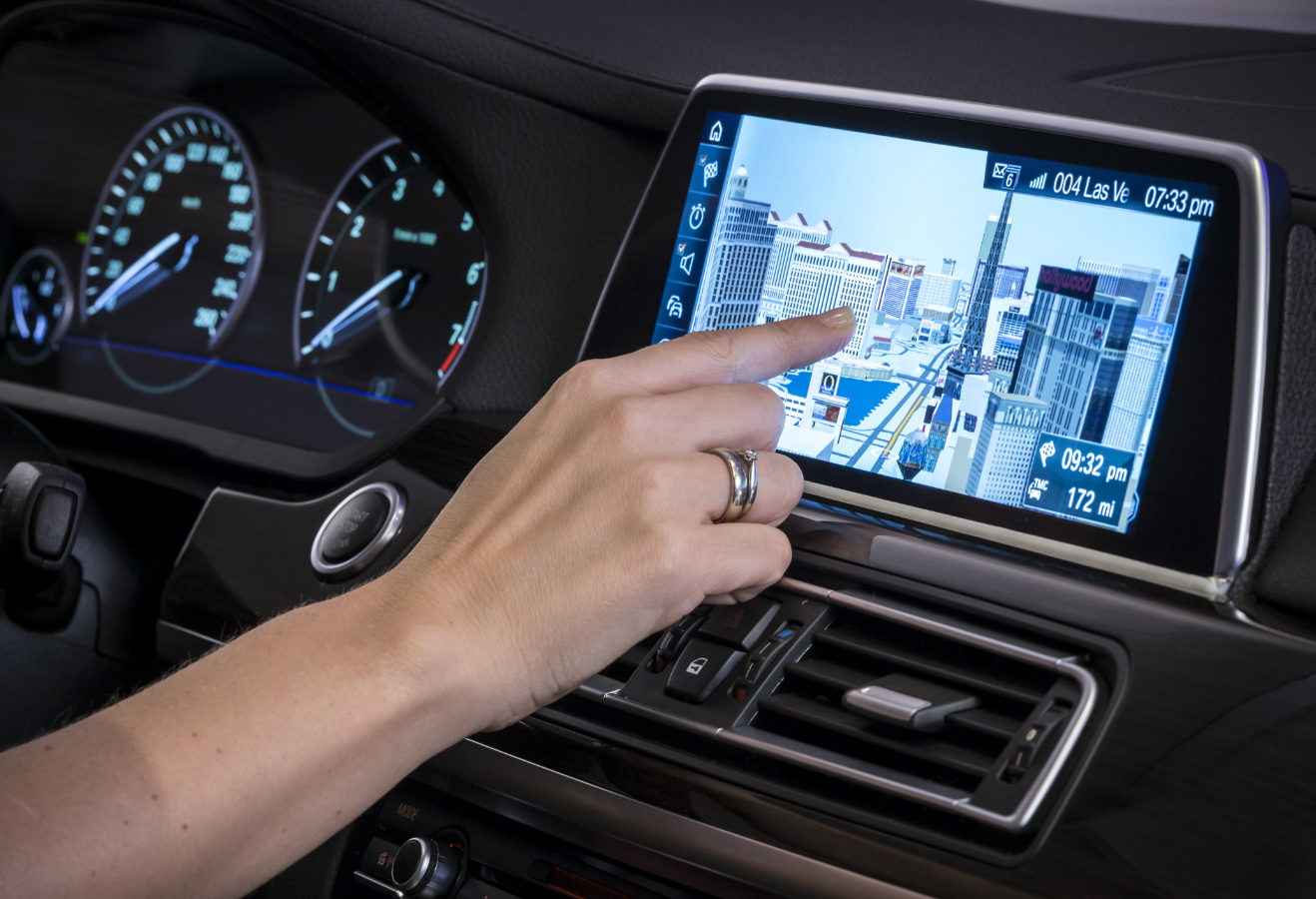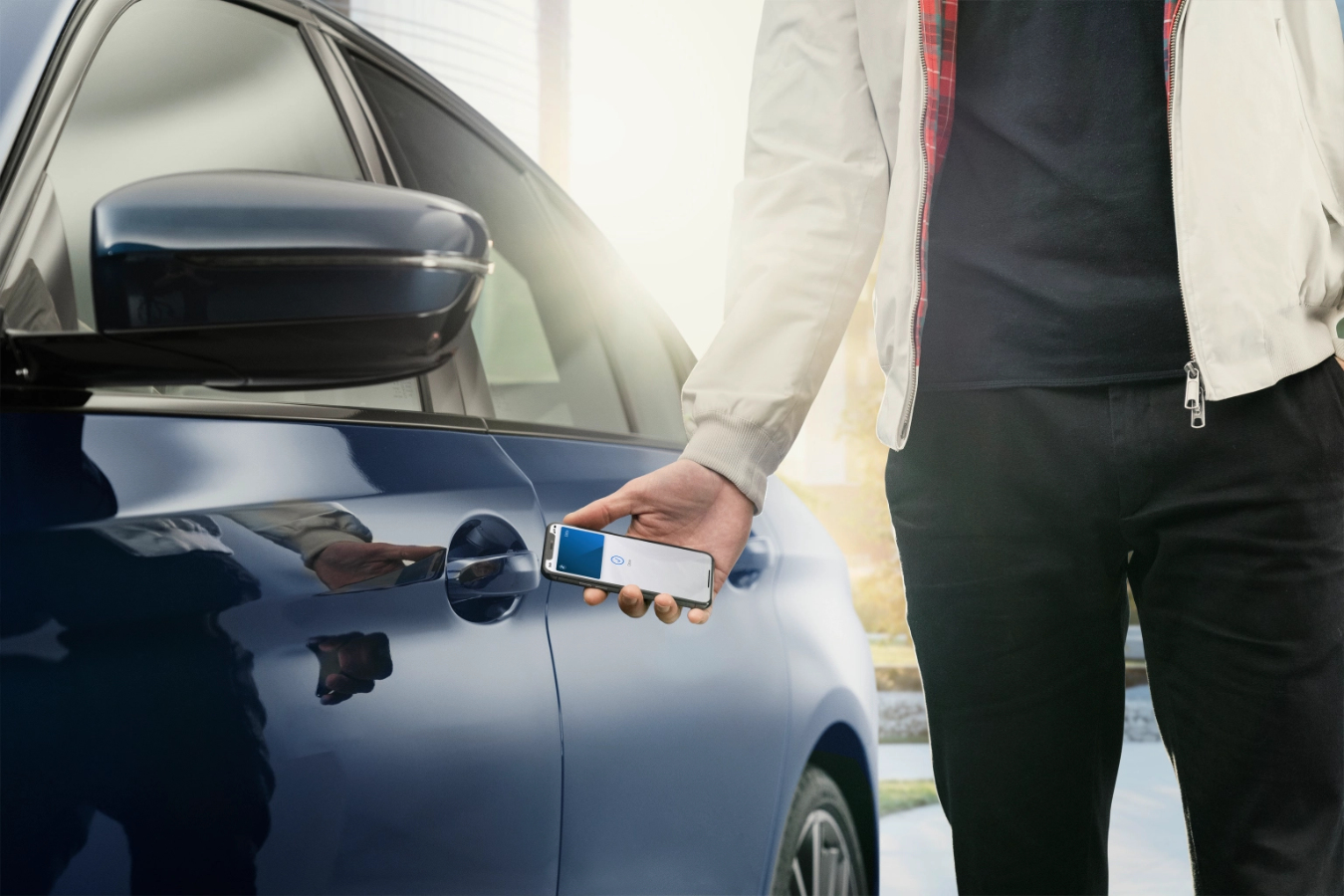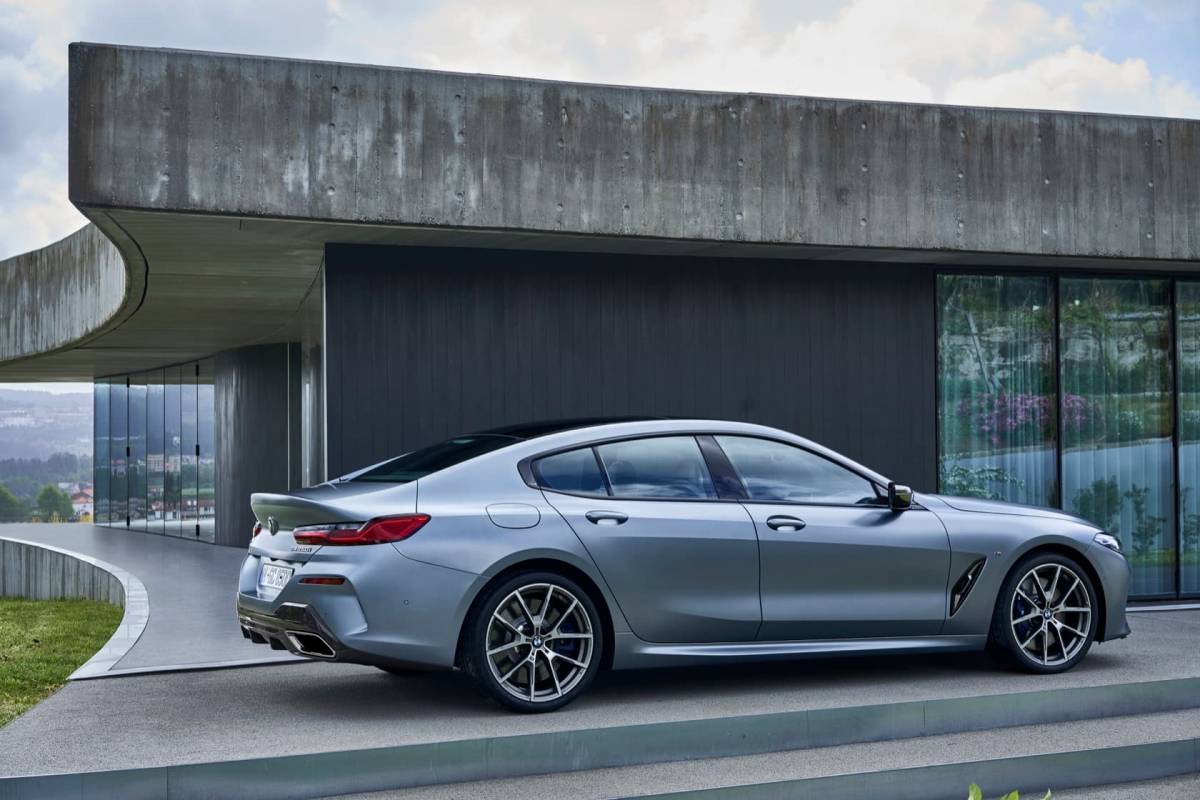The big picture: In a recent VR press event, BMW shed light on a number of in-car software features that expand upon the company's digital services portfolio by allowing customers to purchase optional hardware and software features through its ConnectedDrive Store. While the carmaker has previously offered software and customer support services like online speech processing, SOS, and real-time traffic updates as part of the 'Connected Package,' this new experience will offer trials and subscriptions on hardware features built into the car that customers didn't opt for during their purchase.
Modern-day car packaging or trim levels are a highly complex phenomenon. While it's fun to play with online car configurators, speccing your dream model with the right color accent around the a/c vents or ticking only the necessary equipment on the options list, the reality can be somewhat overwhelming given all the bells and whistles on offer.
BMW might have the answer to reducing this complexity as it tries to blend in its sales strategy with the increasingly subscription-based lifestyle of today's consumer. Of course, the company is well-aware of this trend and the repercussions of exploiting it, but the new approach of allowing customers to enable and subscribe to optional creature comforts OTA after they've bought the car is certainly interesting.

Programs of this kind in the car industry have traditionally focused on improving a vehicle's infotainment capabilities, with Tesla being one of the few notable exceptions to truly utilize and scale OTA updates for maintaining and improving its cars beyond the touchscreen.
BMW's idea is to let customers trial and enable vehicle functions and optional equipment on demand through its ConnectedDrive store. This means that the company would ship its cars with optional equipment like blind spot detection, night vision, heated seats or a heated steering wheel, offer them for a limited-time free trial, and then let the owner decide if they want to keep this feature by subscribing for a set period of time.
While BMW won't likely add the cost of optional features to the car's MSRP, since the customer didn't originally request them, the company would initially need to absorb the expense of hardware and installation, which it could then recoup (or even exceed) through customer subscriptions. Additionally, BMW's production and assembly processes might also benefit from this streamlined approach.

"In the near future, we will not only be able to add more functions here, but we will also be able to add even more flexibility for our customers with temporary bookings so booking of options for three years, for one year, or even shorter periods of time, like a few months," a BMW spokesperson told TechCrunch, while also noting the additional flexibility this program will bring to used-car buyers.
The company plans to expand its line-up of optional digital services, which currently include active cruise control with stop/go, high beam assist, and IconicSounds Sport audio tech. The program will be supported on all new models and existing ones running BMW's Operating System 7.

Additionally, the carmaker also showcased its BMW Digital Key, which builds upon Apple's CarKey API added in iOS 14, and lets users unlock their vehicles with their iPhones. There's also a major update arriving for BMW Maps, enabling faster route search, improved traffic data, and the ability to find parking spaces.
The company's cloud-based maps service will also assist hybrid-electric BMW owners in finding charging stations by using fleet data and will automatically switch their vehicles to electric mode when entering low-emission zones in 80 (and expanding) European cities.
